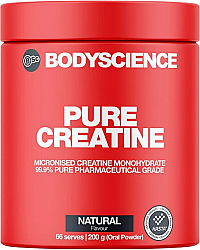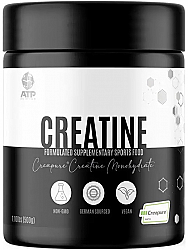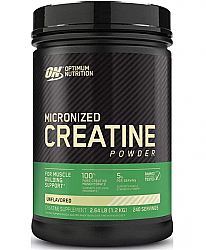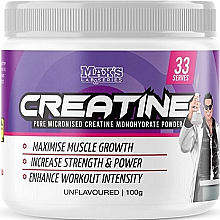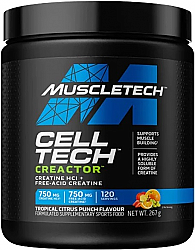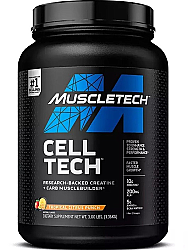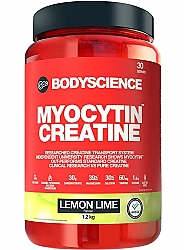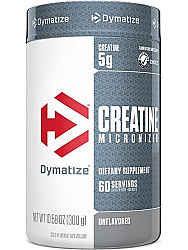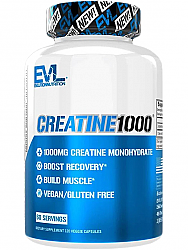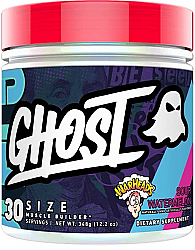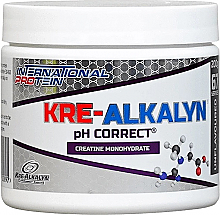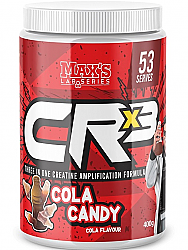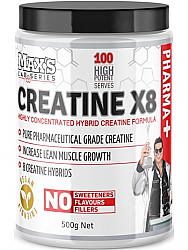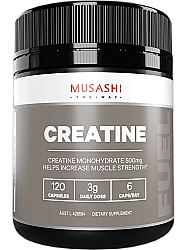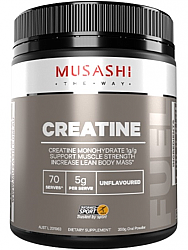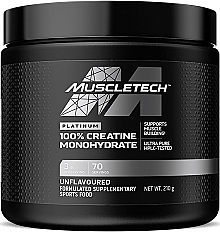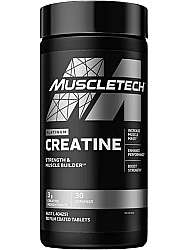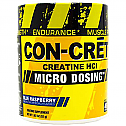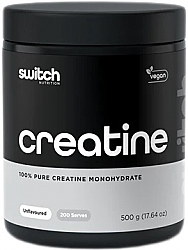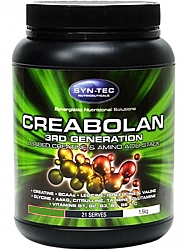Creatine Supplements
 |
|
| Creatine Blends | |
 |
|
| Creatine For Weight Gain | |
 |
|
| Creatine For Women | |
 |
|
| Creatine Monohydrate | |
 |
|
| Creatine Nitrate | |
 |
|
| Micronised Creatine | |
Filter By Our Popular Brands
-
Price 0
-
Brand 0
-
Category
About Creatine Supplements
Creatine supplements are an ideal way to naturally support strength, power and lean muscle gain. This supplement supercharges an oxygen-independent energy pathway called phosphocreatine, supporting ATP synthesis. No other sports supplement works quite like creatine, with benefits backed by decades of scientific research.
What is Creatine?
Creatine is composed of the three amino acids arginine, methionine and glycine, making it a small protein molecule (tripeptide). Most people consume about 1-2 grams of creatine per day through foods like meat and fish, while our body naturally synthesizes about 1 gram per day as well.
Creatine is synthesized in the kidneys and the liver. About 95% of it is stored in skeletal muscle tissue, with the entire human body storing around 120-140 grams. Creatine monohydrate, the most clinically tested and common form of creatine, dissolves well in water and has a neutral pH of 7.0.
What Does Creatine Do?
Creatine enhances anaerobic energy regeneration, boosting explosive strength and power, reducing recovery time between sets as well as post-workout muscle recovery. Creatine is well known for its ability to draw water into the muscle cell, creating an anabolic state for lean muscle growth. Contrary to common belief, the benefits of creatine are not limited to water enrichment in muscle.
A meta-analysis published in 2017 in Sports Medicine suggested that creatine supplementation is beneficial for exercises lasting up to 3 minutes. Supplementation is typically more beneficial the shorter the duration of the workload, making this nutrient suited to exercises like sprinting and powerlifting. This is because the phosphocreatine energy system is depleted quickly, and the longer we train for, the more reliance we have on oxygen-dependent energy systems, including glycolysis and beta-oxidation, which utilise glucose and fats, respectively.
Some creatine formulas are designed to quickly increase muscle size. These are often enhanced with high-glycemic index carbohydrates to trigger insulin release, which is an anabolic hormone. This drives creatine, amino acids and glucose into the muscle more effectively. Some formulations are blended with metabolic enhancers specific for women and are designed to minimise fluid retention.
Finding the most fitting supplement that meets your needs can be a challenge, as there are so many different Creatine supplements available, such as monohydrate, nitrate and ethyl ester. Often, creatine is joined to another molecule that offers a separate set of benefits. For instance, the 'nitrate' in creatine nitrate supports the production of nitric oxide. Nitric oxide increases blood flow to muscle tissue by causing vasodilation. This may boost performance and enhance the muscle pump experienced after weight lifting.
The undisputed leader in creatine supplementation is pure micronised creatine monohydrate, supported by decades of clinical trials and scientific research. Monohydrate is a food technology term that refers to the tiny amount of water found in the powder. "Mono" indicates 1 molecule of hydrade or water, which is next to nothing in practical terms. Creatine Monohydrate is essentially the same as a pure Creatine powder. However, it is always beneficial to ensure your creatine monohydrate supplement is micronised to enhance absorption.
Research suggests that Creatine supplementation may promote intelligence and working memory, and elevate mood in unipolar depression (not in manic depression). If you're looking for ways to enhance performance, improve muscle size fast or support recovery, creatine supplements are a leading sports nutrition supplement, and one of the few natural ergogenic aids supported by the global scientific community of researchers and physicians.
Further References






